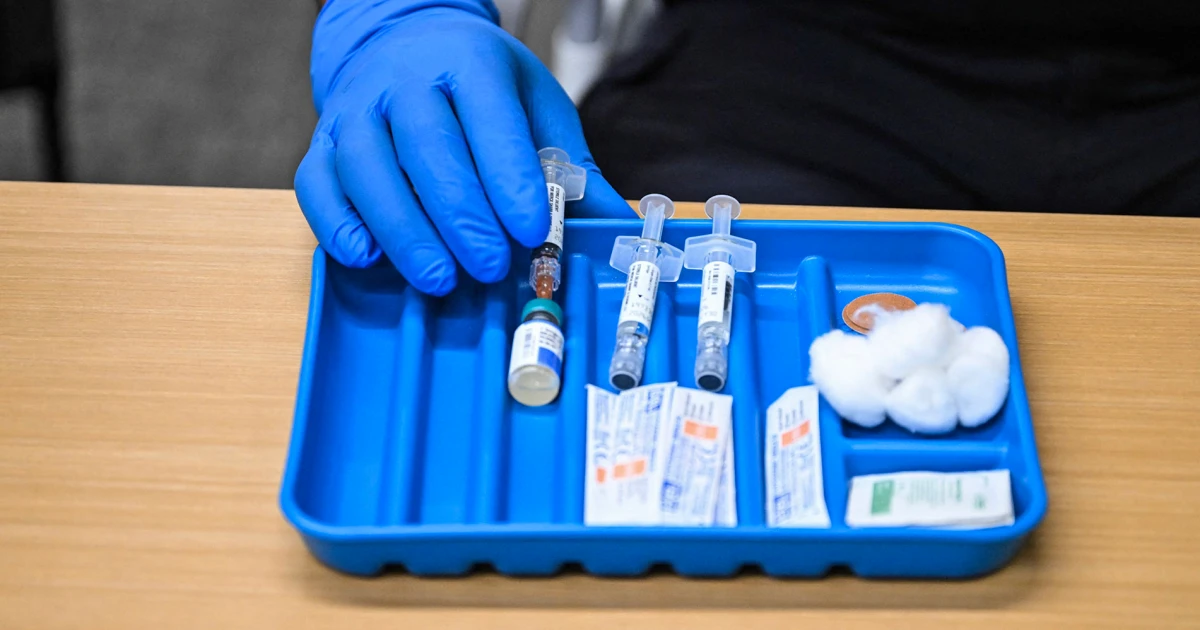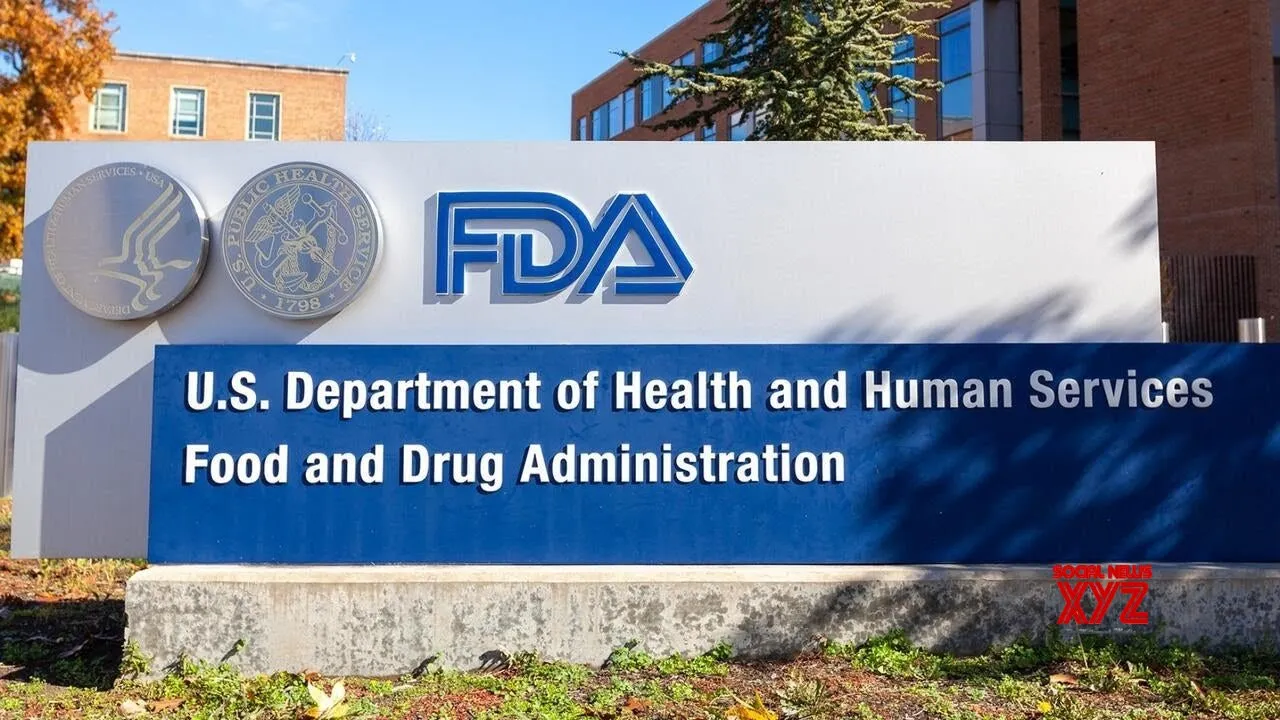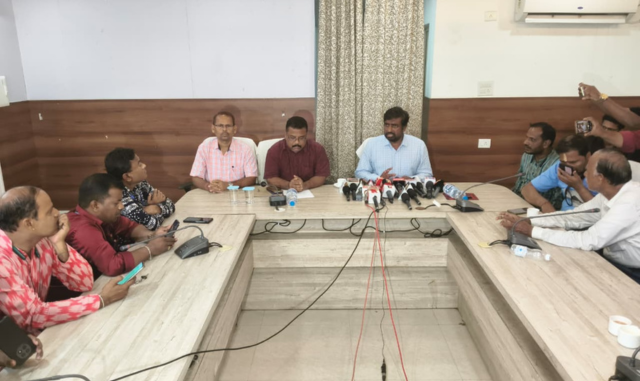
A closely watched advisory panel to the CDC voted Thursday, Sept. 18, to tweak recommendations for a measles vaccine that includes protection against the varicella, or chickenpox, virus.
The new guidance from the Centers for Disease Control and Prevention’s Advisory Committee on Immunization Practices (ACIP) suggests the vaccine, called MMRV, shouldn’t be recommended for children under age 4 because of a small risk for febrile seizures in that age group. The seizures can be prompted by fevers associated with viruses or, sometimes, vaccines. They usually last for a few minutes and, while they are scary for parents to witness, are generally harmless, doctors say.
The panelists voted 8-3 in favor of the change. One member, Dr. Robert Malone, abstained because of a conflict of interest.
Doctors have known about the increased risk of febrile seizures in young children for years. It’s why the CDC already suggests that younger kids get the varicella vaccine separately, unless a parent or a caregiver prefers the MMRV shot.
The combination shot was developed to cut down on the number of vaccines babies receive at age 1 and to increase the chances kids will get all of their vaccinations. But about 85% of parents opt to give their children the stand-alone measles, mumps and rubella vaccine and a separate varicella shot, according to data presented at Thursday’s meeting.
Thursday’s vote doesn’t change the fact that kids should get vaccinated for measles, mumps and rubella twice — once at 12 to 15 months and again at 4 to 6 years. Varicella vaccines can be given at the same doctor’s visit.
The ACIP didn’t weigh in on combination vaccines for the second dose, so kids ages 4 and up can still get them if their parents prefer. There is no evidence of an increased risk of febrile seizure in this older age group.
The committee’s recommendation isn’t final. Acting CDC Director Jim O’Neill will have the last say over whether to adopt the changes, and it’s unclear when he could sign off. (Health Secretary Robert F. Kennedy Jr. appointed O’Neill in late August after he ousted Susan Monarez.)
The Department of Health and Human Services said in a statement Thursday evening that it “will examine all insurance coverage implications following today’s ACIP recommendation, prior to a final decision on adoption by the Acting Director.”
Many public health experts have expressed concern about the motives behind Thursday’s discussion and vote in light of recent changes to the ACIP.
Kennedy, a longtime anti-vaccine activist, fired the ACIP’s old guard in June over what he claimed were conflicts of interest and appointed new members. Five of the committee’s 12 members were added to the panel last week, making Thursday’s meeting their first.
Many of Kennedy’s picks have expressed skepticism about the safety and efficacy of vaccines. At Thursday’s meeting, several panelists called for more studies to look at the long-term effects of measles vaccines, which have been extensively studied.
Ahead of the meeting, ACIP Chair Martin Kulldorff asked the CDC to re-analyze data about the risk of febrile seizures after MMRV vaccinations. But the CDC’s presentation Thursday didn’t reveal anything new. Rather, it pointed to what doctors have long understood — there is a small increased risk of febrile seizures in young children after the first MMRV dose but no increased risk in older kids.
“The real question isn’t whether MMRV’s small seizure risk justifies offering separate shots — we already do that. It’s why a new committee appointed by Kennedy is revisiting a policy that’s been working well for two decades,” Dr. Jake Scott, a clinical associate professor of infectious diseases and geographic medicine at the Stanford University School of Medicine, said in an earlier interview.
“This feels like using a known, disclosed, managed risk to undermine confidence in the entire schedule,” Scott said.
ACIP member Robert Malone said the committee took up the subject Thursday because “a significant population” in the United States has concerns about vaccine policy.
The ACIP will vote Friday on a recommendation to delay the first dose of the hepatitis B vaccine until a child is at least 1 month old. Typically, the first dose is given within 24 hours of birth. The committee will also discuss this fall’s updated COVID shots.



